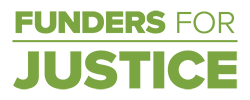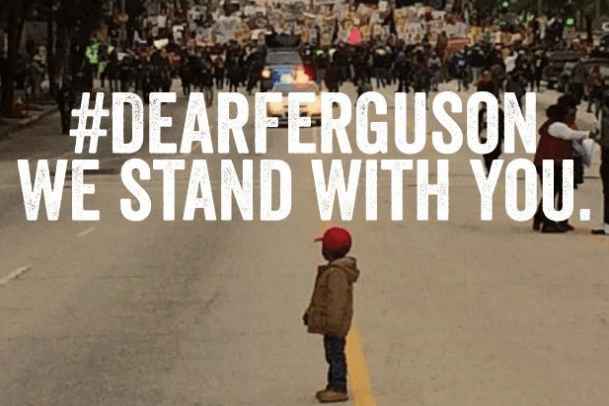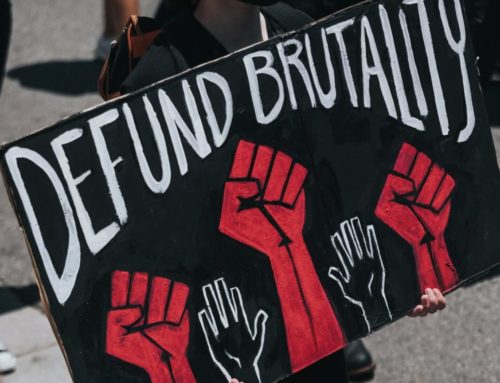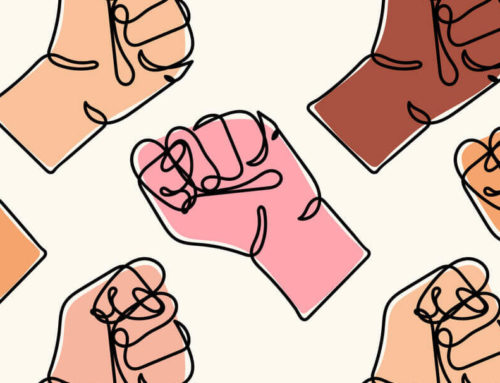Third Wave Fund Blog, Dec 11, 2014
Outrage and heartbreak. Direct Action. Civil Disobedience. People are responding to the murder of Mike Brown and Eric Garner and the subsequent lack of indictment of the white police officers who killed them. People all over the place are declaring #BlackLivesMatter, and demanding justice. There’s been a proliferation of important writing on how state violence and racial injustice impacts the lives of women of color and LGBT people of color. We’ve compiled our 6 favorite in the hope that the conversation around state violence and criminalization includes an understanding of gender, race, and sexuality.
1. Kimberle Crenshaw’s stand out interview with Salon.“At this period of time, I think it behooves folks to look for those infrastructures that are on the ground that are able to continuously mobilize people. But, of course, at the same time, what Martin Luther King and the other visionaries brought to it was frames that could mobilize people and keep them moving forward.I think some of that is happening with Black Lives Matter and making the links between anti-black racism, other forms of racism, other bodies that are controlled by the state, including women and LGB and trans people. I think the challenge now is coming up with a capacious enough frame that lines up people who are marching in the street with the people who are negotiating with the elected officials. With the folks who have other regulatory power who can say, Doing nothing is no longer an option. This level of social unrest will not go away.”
2. The Groundswell Fund’s Statement on Michael Brown naming that patterns of racial injustice are a reproductive justice issue.“Michael Brown was a son who is loved and will be dearly missed. He was separated from his family by state-sanctioned murder. Marissa Alexander is a single mother with a human right to love and raise her children. She is being separated from her young children through incarceration. These separations are part of a long legacy of reproductive justice violations against communities of color that continue at epidemic levels today… Reproductive justice cannot be achieved until the state-sanctioned violence that separates our families is brought to a halt.”
3. Dee Rees calls out the Human Rights Campaign for ignoring the LGBT communities of color. “It seems callous and blind to celebrate gains in marriage equality on one hand while in the very same moment, the civil rights of a major section of the LGBTQ community are being grossly violated. The Human Rights Campaign’s visible, vocal support would be momentous in bolstering the sustained national critique and reinforcing the ‘in the streets’ protests that are happening all around the nation. Our civil rights are under attack.”
4. Alicia Garza’s herstory of the #BlackLivesMatter movement.“I created #BlackLivesMatter with Patrisse Cullors and Opal Tometi, two of my sisters, as a call to action for Black people after 17-year-old Trayvon Martin was post-humously placed on trial for his own murder and the killer, George Zimmerman, was not held accountable for the crime he committed. It was a response to the anti-Black racism that permeates our society and also, unfortunately, our movements.Black Lives Matter is an ideological and political intervention in a world where Black lives are systematically and intentionally targeted for demise. It is an affirmation of Black folks’ contributions to this society, our humanity, and our resilience in the face of deadly oppression.”
5. The Audre Lorde Project and FIERCE’s statement of solidarity for the people of Ferguson and communities of people affected by racist state violence. “We refuse to accept a single issue struggle that positions our struggles as somehow contradictory. We commit ourselves to a truly intersectional vision of social justice that uplifts the collective power, safety and well being of all our communities. We understand the routine surveillance, criminalization, and incarceration of communities of color in this country as not only a crisis of racial profiling, but also gender policing. We affirm the experiences and leadership of lesbian, gay, bisexual, trans, two spirit, and gender non-conforming people of color who are often erased from the telling of our movement histories even as we are often and consistently at the front lines.”
6. Colorlines’ compilation of black feminists’ responses to Ferguson.“Here at Colorlines, the ongoing situation in Ferguson, Missouri, set off by the police killing of Michael Brown, has subsumed our collective attention and energy going on two weeks now. As the gender columnist, I decided to take a look at how Black feminists have been responding to the situation. While the issue of gender (beyond the policing of black masculinity and the crisis facing black men and boys) has taken a back seat in the mainstream conversation, black feminists have been keeping the intersectional analysis alive in their coverage and commentary.”
These are just a few examples of the powerful conversations happening right now. If you have any others that struck you as particularly strong, interesting, or just worth reading, feel free to share them in the comments section below.




